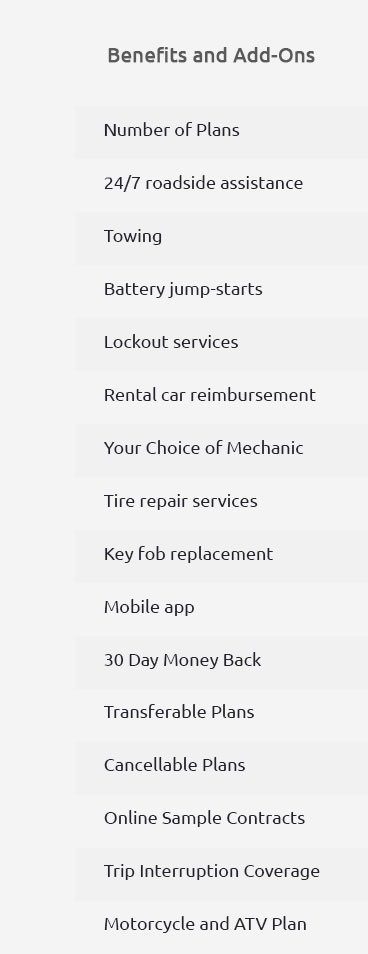 |
 |
 |
 |
 |
|||
 |
|||
 |
 |
 |
|
 |
|||
 |
|
 |
|
 |
|
 |
|
 |
|
 |
|
 |
|
 |
|

Recommended Auto Warranty: Your Coverage GuideWhen it comes to owning a vehicle in the U.S., understanding auto warranties is crucial. Not only does it provide peace of mind, but it also helps save on repair costs. Choosing the right auto warranty can make all the difference in managing unexpected expenses. Understanding Auto WarrantiesAn auto warranty is essentially a promise from the manufacturer or a third-party provider to cover certain repairs and services. This can include parts, labor, and even towing in some cases. Types of Auto Warranties
Benefits of an Extended Auto WarrantyExtended auto warranties can offer significant benefits, especially in areas with high repair costs like California and New York. Cost SavingsWith an extended warranty, you avoid unexpected repair bills, making budgeting easier. Comprehensive CoverageThese warranties often cover a wide range of issues, from engine failures to electrical problems. For a detailed comparison of options, check out the best extended vehicle warranty options available. FAQs About Auto WarrantiesWhat is typically covered under an auto warranty?Auto warranties usually cover major systems like the engine, transmission, and drivetrain. Some may also include roadside assistance and rental car reimbursement. How do I know if I need an extended warranty?Consider an extended warranty if your car's manufacturer's warranty is about to expire or if you're planning to keep your car for several more years. It's especially beneficial if you live in areas with high labor rates. Can I purchase an extended warranty at any time?Yes, but it's typically more affordable and offers better coverage when purchased while the vehicle is still relatively new. By understanding the ins and outs of auto warranties, U.S. consumers can make informed decisions that provide long-term benefits and financial protection. https://www.trustedchoice.com/car-insurance/auto-coverage-types/extended-warranty/
The Best Extended Warranty Car Insurance Companies of 2025 - Best overall: Carchex - Best for coverage options: Endurance - Best for customer ... https://www.aarp.org/money/personal-finance/extended-warranties-guide/
If you decide to buy an extended warranty for your car, Consumer ... Recommended For You. See All - spinner image red circle on white ... https://www.nerdwallet.com/article/loans/auto-loans/car-warranties
There isn't an easy or quick answer about whether to buy an extended warranty. To make the best decision, it's important to consider what is ...
|